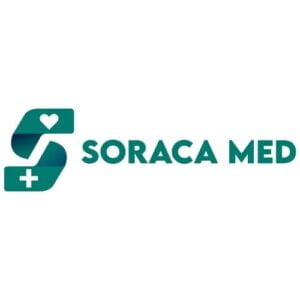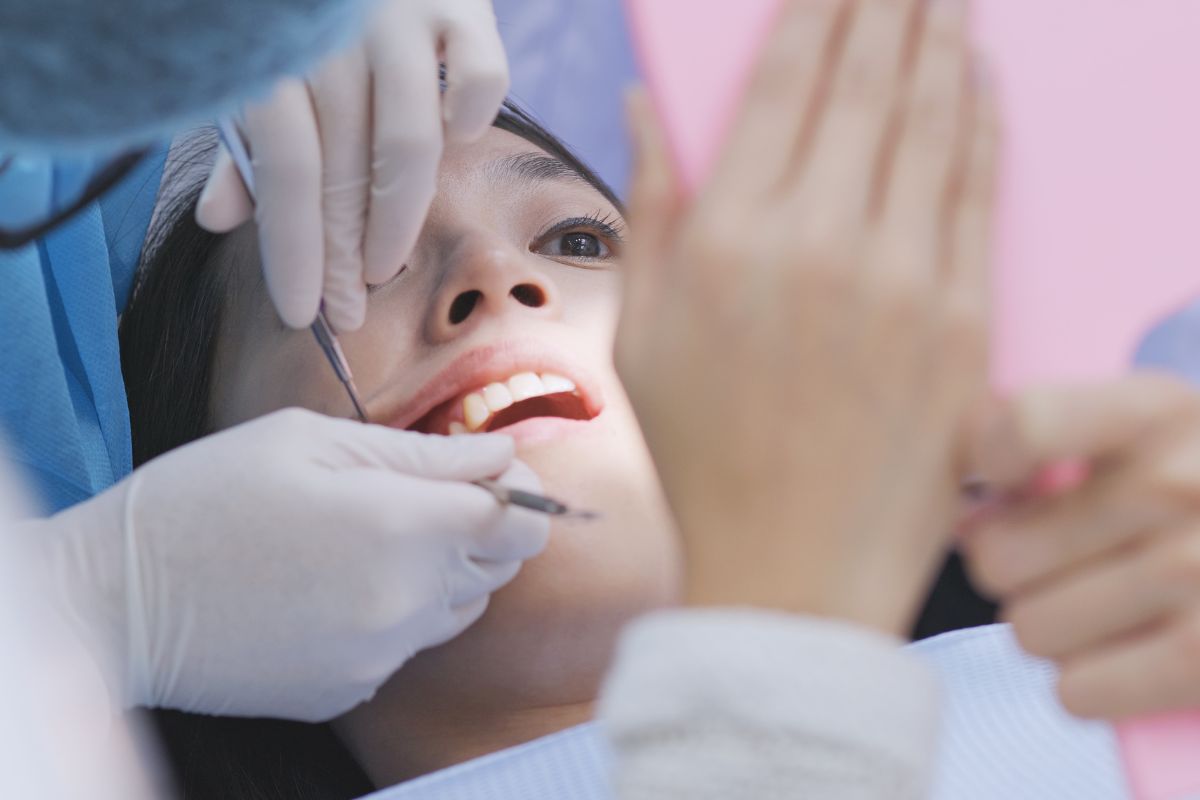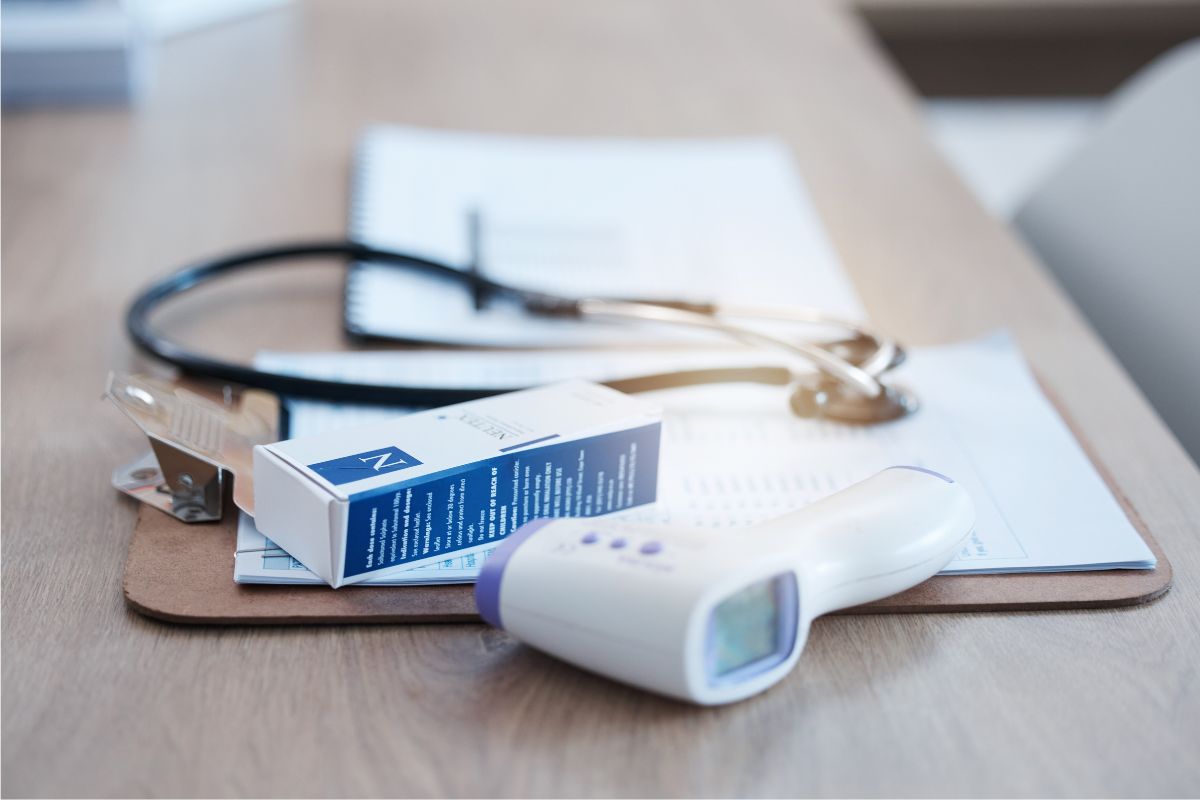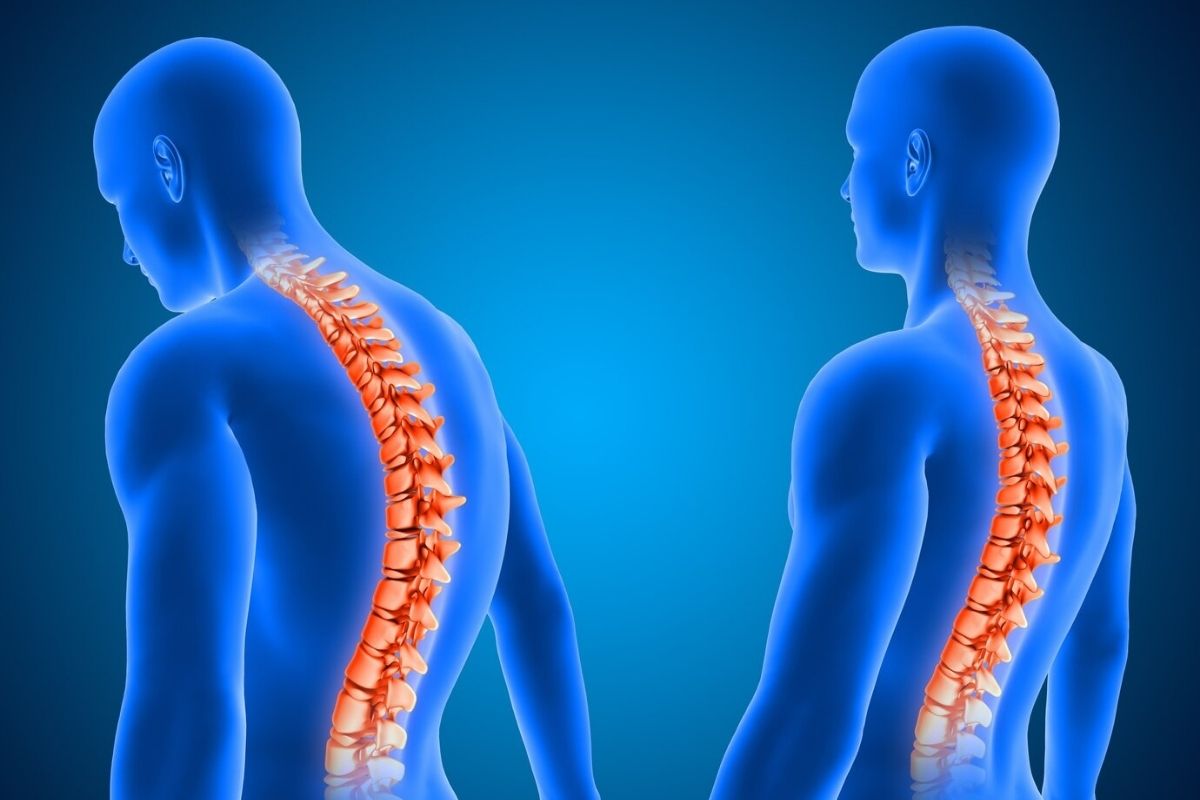Understanding Stem Cells: Nature’s Repair Kit
Stem cells are the body’s master cells, possessing remarkable abilities:
- Self-renewal: They can divide and replicate indefinitely, replenishing themselves and creating new cells.
- Differentiation: They can transform into various specialized cell types, like neurons, muscle cells, and blood cells.
- Regeneration: They can repair damaged tissues and organs, promoting healing and restoration.
These unique properties make stem cells a captivating prospect for treating various medical conditions, including autism.
Harnessing Stem Cells for Autism: Unraveling the Potential
The rationale behind using stem cells for autism stems from the theory that the disorder involves underlying neurological and immune system dysfunctions. Stem cells, with their potent anti-inflammatory and regenerative properties, might offer several potential benefits:
- Modulating Inflammation: Autism has been linked to chronic low-grade inflammation in the brain. Stem cells can suppress this inflammation, potentially improving neurological function and behavior.
- Supporting Neurogenesis: Stem cells can differentiate into neurons and glial cells, potentially fostering the growth and repair of neural networks in the brain.
- Enhancing Immune Function: Stem cells can modulate the immune system, potentially alleviating immune abnormalities associated with autism.
- Improving Gut Health: Studies suggest a link between gut microbiota and autism. Stem cells might positively influence the gut microbiome, leading to improved digestion and overall health.
Exploring the Evidence: Hope with a Cautious Approach
While anecdotal reports and small-scale clinical trials suggest promising results for stem cell therapy in autism, the evidence remains preliminary. Larger, well-designed studies are crucial to determine the efficacy and safety of this approach. Here’s a balanced perspective:
Promising Glimmers:
- Several studies have reported improvements in core autism symptoms like communication, social interaction, and repetitive behaviors following stem cell therapy.
- Some research suggests that stem cell therapy might be most effective when administered early in childhood, potentially mitigating disease progression.
- Different types of stem cells, including mesenchymal stem cells (derived from bone marrow or fat) and umbilical cord blood stem cells, are being explored with varying degrees of success.
Cautious Optimism:
- The long-term efficacy and safety of stem cell therapy for autism are still unknown. More research is needed to understand the optimal dosages, administration routes, and potential side effects.
- Ethical considerations regarding stem cell sourcing and informed consent should be carefully addressed.
- Stem cell therapy is not a one-size-fits-all solution. Individualized treatment plans based on each patient’s unique needs and the severity of their autism are crucial.
Remember: Stem cell therapy for autism is an evolving field with both promise and unknowns. Consulting with qualified healthcare professionals specializing in autism and stem cell therapy is essential before considering this treatment option.
Beyond Stem Cells: A Holistic Approach to Autism Management
While stem cell therapy holds potential as a future treatment for autism, it’s important to remember that it’s just one piece of the puzzle. Effective autism management typically involves a multi-pronged approach:
- Behavioral interventions: Applied behavioral analysis (ABA) and other evidence-based therapies can help individuals develop essential skills and manage challenging behaviors.
- Educational support: Tailored educational programs can cater to individual learning styles and needs, fostering academic success and social inclusion.
- Communication strategies: Augmentative and alternative communication (AAC) tools and techniques can assist individuals in expressing themselves and interacting with others.
- Sensory interventions: Occupational therapy and sensory integration strategies can address sensory sensitivities and challenges, improving comfort and daily functioning.
- Nutritional and lifestyle modifications: Ensuring a balanced diet, regular exercise, and adequate sleep can contribute to overall well-being and support treatment efficacy.
By combining these evidence-based strategies with ongoing research into innovative approaches like stem cell therapy, we can offer individuals with autism and their families the best possible chance for a fulfilling life.
Conclusion: Embracing Hope, Fostering Research
Stem cell therapy for autism represents a beacon of hope for families seeking alternative treatment options. While caution and further research are essential, the potential of this approach to improve the lives of individuals with autism is undeniable. Continued scientific exploration, coupled with a holistic approach to autism management, holds the key to unlocking a brighter future for all.
Frequently Asked Questions About Autism Treatment with Stem Cells
1. Stem cell therapy for autism is still in its early stages of development. What are the risks and benefits of this treatment?
The risks and benefits of stem cell therapy for autism are still being studied. Some of the potential risks include:
- Infection: Stem cells can be contaminated with bacteria or viruses.
- Adverse reactions: Stem cells can cause side effects such as inflammation, nausea, and vomiting.
- Uncertain efficacy: The long-term efficacy of stem cell therapy for autism is unknown.
The potential benefits of stem cell therapy for autism include:
- Improved communication and social skills: Some studies have shown that stem cell therapy can improve communication and social skills in people with autism.
- Reduced repetitive behaviors: Stem cell therapy may also help to reduce repetitive behaviors in people with autism.
- Improved gut health: Some studies have suggested that stem cell therapy can improve gut health, which may have a positive impact on autism symptoms.
2. What are the different types of stem cells that can be used to treat autism?
The two main types of stem cells that are being studied for the treatment of autism are:
- Mesenchymal stem cells: These cells are derived from bone marrow or fat tissue. They have the ability to differentiate into a variety of cell types, including neurons and glial cells.
- Umbilical cord blood stem cells: These cells are derived from the umbilical cord and placenta. They have the potential to repair damaged tissue and organs.
3. What are the different methods of stem cell delivery for autism?
Stem cells can be delivered to the body in a variety of ways, including:
- Intravenous injection: This is the most common method of stem cell delivery. Stem cells are injected into a vein, and they then circulate throughout the body.
- Intrathecal injection: This method involves injecting stem cells directly into the cerebrospinal fluid, which surrounds the brain and spinal cord.
- Direct injection: This method involves injecting stem cells directly into the affected area, such as the brain or spinal cord.
4. What are the eligibility criteria for stem cell therapy for autism?
The eligibility criteria for stem cell therapy for autism vary depending on the specific clinic or research center. Generally, patients must meet the following criteria:
- A diagnosis of autism spectrum disorder
- A minimum age of 2 years
- Absence of any serious medical conditions
5. How much does stem cell therapy for autism cost?
The cost of stem cell therapy for autism varies depending on the clinic or research center. In general, the cost ranges from $10,000 to $100,000.
Additional Information:
- Stem cell therapy for autism is not a cure. It is a treatment that may help to improve some of the symptoms of autism.
- Before considering stem cell therapy for autism, it is important to talk to a qualified healthcare professional. They can help you to understand the risks and benefits of this treatment and determine if it is right for you or your child.
Advantages of Stem Cell Therapy for Autism in Turkey
Autism spectrum disorder (ASD) is a complex neurodevelopmental condition characterized by social communication challenges, repetitive behaviors, and restricted interests. While there is no definitive cure, various therapeutic approaches can significantly improve individual well-being and quality of life. Among these emerging options, stem cell therapy has garnered considerable attention as a potential treatment for autism.
Access and Cost
Turkey is a rapidly developing country in the field of stem cell therapy. The country has several clinics and research centers that offer stem cell therapy for autism. One of the advantages of stem cell therapy in Turkey is its accessibility. The cost of stem cell therapy in Turkey is significantly lower than in developed countries. This makes it more affordable for families of children with autism.
Quality of Care
The clinics and research centers that offer stem cell therapy in Turkey provide high-quality care. This is important because it can help to ensure the safety and efficacy of the treatment. The clinics and research centers in Turkey are staffed by experienced and qualified professionals who are committed to providing the best possible care for children with autism.
Research and Clinical Applications
Turkey is a leader in research and clinical applications of stem cell therapy for autism. The country has a number of ongoing clinical trials that are investigating the efficacy and safety of stem cell therapy for autism. These trials are providing valuable data that can help to inform the future of stem cell therapy for autism.
Conclusion
Turkey has a number of advantages that make it a promising destination for stem cell therapy for autism. The country has a rapidly developing stem cell therapy industry, affordable costs, high-quality care, and a strong commitment to research and clinical applications. These factors make Turkey an attractive option for families of children with autism who are considering stem cell therapy.
Potential Disadvantages of Stem Cell Therapy for Autism in Turkey
Despite the advantages of stem cell therapy for autism in Turkey, there are also some potential disadvantages. These include:
- Efficacy and Safety: The efficacy and safety of stem cell therapy for autism have not yet been fully established. More research is needed to determine whether this treatment is effective and safe for children with autism.
- Cost: The cost of stem cell therapy may be higher than some families can afford.
- Stem Cell Source: The source of stem cells is another potential disadvantage of stem cell therapy. Stem cells can be derived from the patient’s own body (autologous) or from another person (allogeneic). Autologous stem cells are generally considered to be safer than allogeneic stem cells, but they may also be more expensive.
Stem cell therapy is a promising new approach to autism treatment, but it is important to be aware of the potential risks and benefits before making a decision about whether or not to pursue this treatment.








